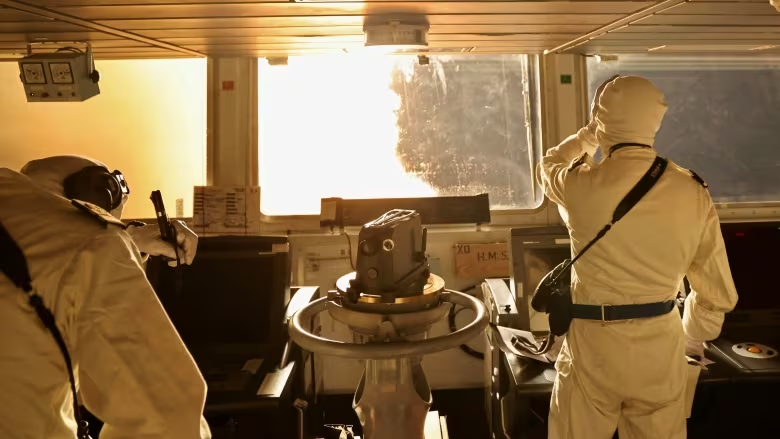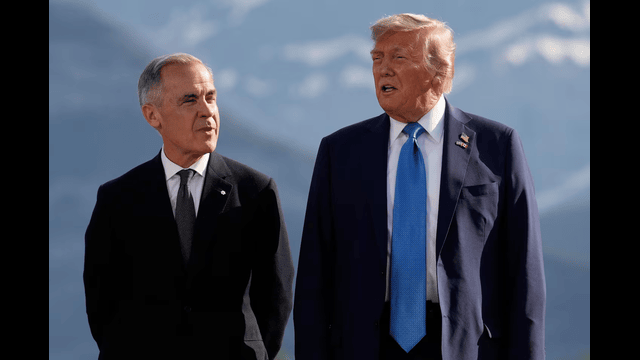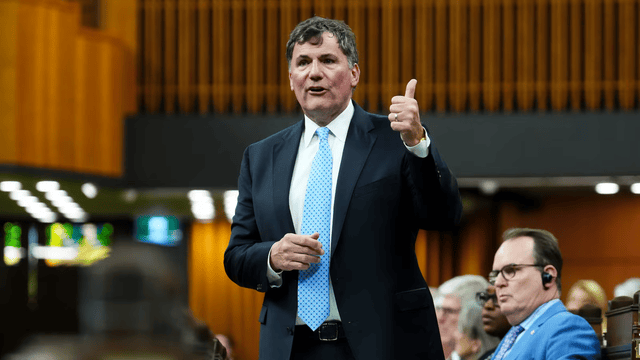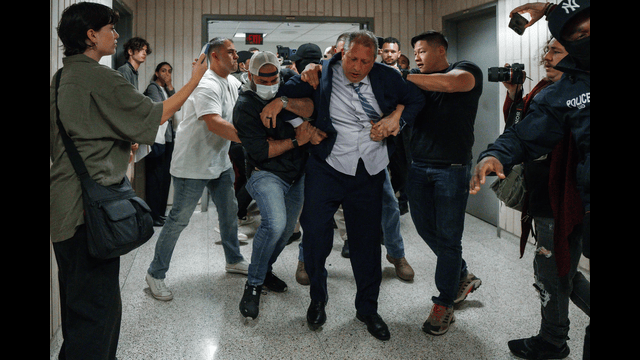
On Wednesday, the U.K. Ministry of Defence unveiled a photo displaying the bridge of HMS Diamond as it fired its Sea Viper missiles in the Red Sea. (Image credit: U.K. Ministry of Defence/Reuters)
In a significant military response, the United States and British Armed Forces launched a series of airstrikes on over a dozen sites used by the Iranian-backed Houthis in Yemen. The operation involved Tomahawk missiles from warships and fighter jets, targeting logistical hubs, air defence systems, and weapons storage locations, according to several U.S. officials.
President Joe Biden stated that the strikes aimed to show that the U.S. and its allies would not tolerate the Houthi militant group's attacks on the Red Sea. The decision to resort to military action followed diplomatic negotiations and careful consideration, as per Biden. The attacks were prompted by the Houthis' unprecedented use of anti-ship ballistic missiles, posing threats to U.S. personnel, civilian mariners, trade, and freedom of navigation.
Support for the operation came from the Netherlands, Canada, Australia, and Bahrain, offering logistics and intelligence assistance. The airstrikes resulted in explosions in Yemen's capital, Sanaa, and the port city of Hodieda on the Red Sea. This marked the first U.S. military response to the Houthis' persistent drone and missile attacks on commercial ships since the beginning of the conflict.
The coordinated assault followed a recent warning to the Houthis by the White House and partner nations to cease attacks or face potential military action. Despite a temporary halt in attacks, the rebels resumed their offensive, prompting the military response on Thursday. The U.K. Prime Minister, Rishi Sunak, confirmed targeted strikes by the Royal Air Force against Houthi military facilities, describing the action as limited, necessary, and proportionate in self-defence.
Rebel leader Abdel Malek al-Houthi responded with a vow of a fierce military counteraction to any American attack, emphasizing that it would exceed their previous operations. The Houthis claim their assaults aim to halt Israel's actions in Gaza, but the targets increasingly jeopardize the crucial trade route linking Asia, the Middle East, and Europe.
In a related development, the UN Security Council passed a resolution urging an immediate halt to Houthi attacks and implicitly condemning their weapons supplier, Iran. The resolution received 11 votes in favour, with abstentions from Russia, China, Algeria, and Mozambique.















